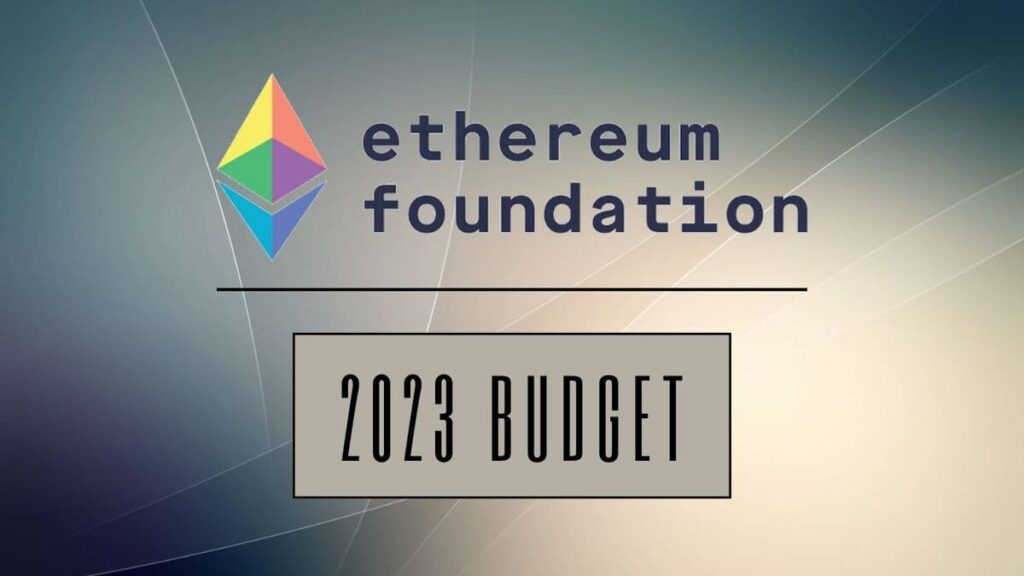TL;DR
- Vitalik Buterin and Josh Stark detailed Ethereum Foundation’s 2023 spending, providing a meticulous breakdown of expenses in each sector.
- Research and development in Layer-1 (L1) was the second largest expenditure, accounting for 24.9% of the budget, including grants for external teams and key projects.
- The Foundation responded to criticism regarding its DeFi investments and launched educational initiatives in Argentina, including workshops and Solidity courses.
Vitalik Buterin, co-founder of Ethereum, and spokesperson Josh Stark have broken down the Ethereum Foundation’s spending for 2023 in a recent post. This procedure comes as a response to community questions about how the foundation’s resources are being used.
In 2023, the largest percentage of the Ethereum Foundation’s budget was allocated to “new institutions,” meaning new organizations that support the ecosystem, representing 36.5% of the total expenses.
Updates from @0xstark on EF spending.
The key info is in this chart.
The "new institutions" category basically means @NomicFoundation, @TheDRC_ , @l2beat, @0xPARC etc – no World Economic Forum insect protein research here!
More info has been and will be published; see thread. https://t.co/sWVfQQ5XQF pic.twitter.com/FY2EPT7Wiz
— vitalik.eth (@VitalikButerin) August 27, 2024
The second-largest expense category was research and development in Layer-1 (L1), which absorbed 24.9% of the budget. This category included grants for external teams and internal projects, such as the Go-Ethereum (Geth) client, Solidity research, Devcon, and ETH’s Robust Incentives Group.
Community development was the third-largest expenditure, at 12.7%. The remaining 25.9% of the budget was distributed among applied zero-knowledge work, internal operations, Layer-2 research, and the developer platform.
0. Since EF spending has been a topic of conversation lately, here’s some thoughts and answers to some of the big questions we’ve seen.
— Josh Stark (@0xstark) August 27, 2024
Vitalik Responds to Ethereum Critics
Recent criticism from Kain Warwick, a well-known DeFi developer, targeted the Ethereum Foundation for its alleged lack of interest in the DeFi sector. Warwick claimed that the Foundation allocates only a small portion of its budget to fostering development in this field and spends the rest on “nonsense.”
In response, Buterin defended his stance by stating that, while he supports the use of decentralized platforms and sustainable projects, he is not interested in short-term investments or temporary schemes involving the issuance of new tokens followed by their market sale.
In addition to addressing these issues, the Ethereum Foundation has launched educational initiatives in Argentina. In collaboration with ETH Kipu, the Foundation organized a workshop in Buenos Aires to teach high school students about blockchain technology. New programs, such as internships in the blockchain sector and an online course in Solidity, have also been announced.











